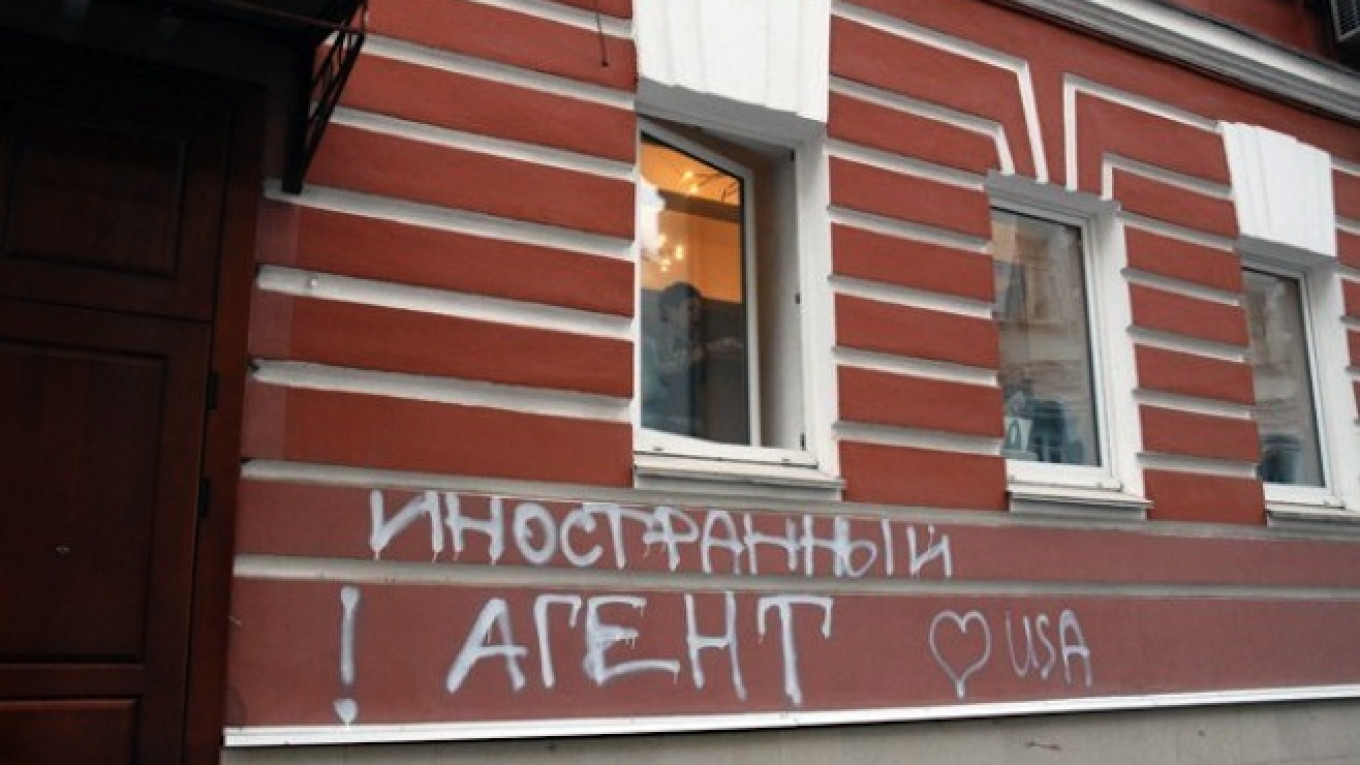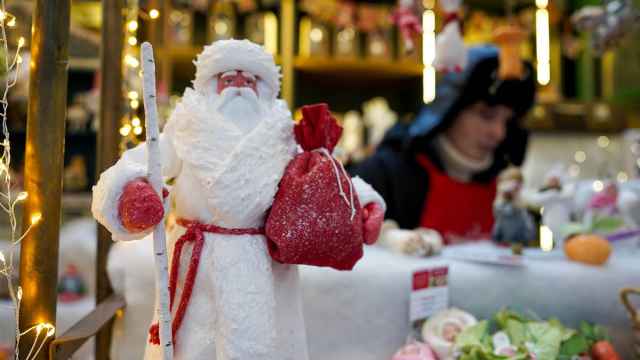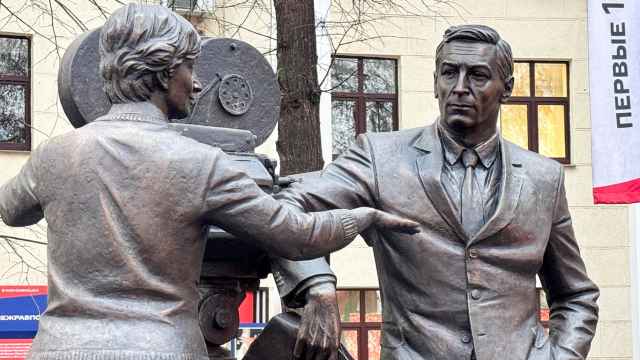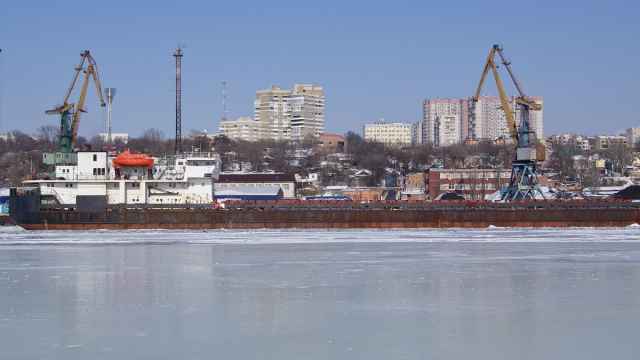Russia is set to issue 182 million rubles' ($4.3 million) worth of presidential grants to non-governmental organizations, but while recipients include a children's publication and gardeners' union, most prominent human rights groups have been disqualified, a news report said.
The grants will be handed out to 101 NGOs selected from among more than 300 applicants, Vedomosti reported Monday, citing members of the award commission.
Applications from a number of prominent groups that have been registered as "foreign agents" under a controversial Russian law have been declined, though commission member Irina Yasina said the label was not a factor in the decision.
"Those who have already received grants twice and have not yet reported on [spending] the second one, did not get grants this time," she was quoted as saying. "We paid no attention to the foreign agent status."
Russia adopted legislation in 2012 requiring NGOs to register themselves as foreign agents with the Justice Ministry if they receive foreign funding and engage in loosely defined "political activity."
In June 2013, the legislation was amended to authorize the Justice Ministry to impose the foreign agent label on NGOs at its discretion.
Many independent NGOs have complained about the law, saying it seeks to stifle civic activity. They claim that foreign funding is a necessity because potential donors at home are reluctant to support rights groups due to fear of incurring the Kremlin's indignation.
The only prominent human rights organization among the recipients is the Moscow Helsinki Group, which will get 1.8 million rubles — about a million less than the Moscow Gardeners Union, the report said.
Children's publication Pionerskaya Pravda will receive a million rubles to fund an art contest, Vedomosti reported.
A Message from The Moscow Times:
Dear readers,
We are facing unprecedented challenges. Russia's Prosecutor General's Office has designated The Moscow Times as an "undesirable" organization, criminalizing our work and putting our staff at risk of prosecution. This follows our earlier unjust labeling as a "foreign agent."
These actions are direct attempts to silence independent journalism in Russia. The authorities claim our work "discredits the decisions of the Russian leadership." We see things differently: we strive to provide accurate, unbiased reporting on Russia.
We, the journalists of The Moscow Times, refuse to be silenced. But to continue our work, we need your help.
Your support, no matter how small, makes a world of difference. If you can, please support us monthly starting from just $2. It's quick to set up, and every contribution makes a significant impact.
By supporting The Moscow Times, you're defending open, independent journalism in the face of repression. Thank you for standing with us.
Remind me later.






